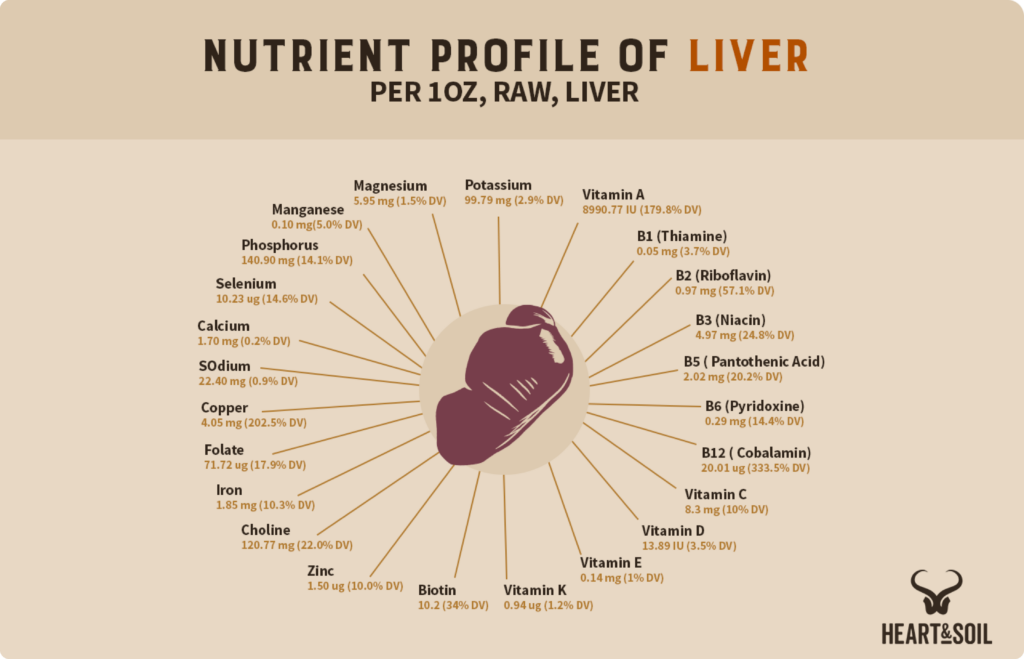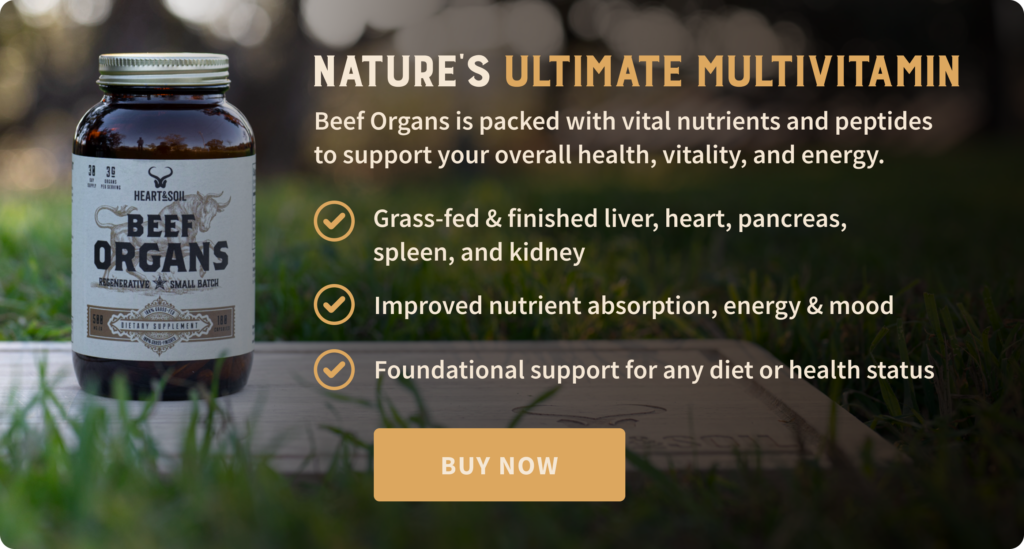PLEASE NOTE: The information in this blog is for educational purposes only. It is not a substitute for professional medical advice. Consult your healthcare provider if you’re seeking medical advice, diagnoses, or treatment.
With flashy commercials and dozens of options lining the shelves of your local supermarket or so-called ‘natural vitamin store,’ multivitamins have worked their way into the supplement routine of the majority of the US population.

But do they actually work? Or are people throwing billions of dollars down the drain while missing out on a better source of natural vitamins?
The answer might surprise you!
Do Multivitamins Work?
Multivitamins are an $11 billion industry, with over 33% of adults in the United States regularly consuming them, yet there’s little evidence that they work (1, 2, 3).
Large randomized trials have found that multivitamins don’t work for most of the population, and some may even cause harm (4). An analysis of 78 randomized control trials and 6 cohort studies on over 700,000 participants found little or no benefit in preventing death, cardiovascular disease, and cancer (5).
The American Institute for Cancer Research and The World Cancer Research Fund advise against using supplements for cancer prevention. It’s also challenging to attribute benefits to multivitamins as users are more likely to engage in other healthy behaviors like exercise (6).
Plus, multivitamins and other supplements are often a shady business.
Did you know? Unlike a prescription drug, there’s no requirement to prove that a supplement is effective or safe (7). Congress passed a bill in 1994 that classified supplements as food, and the supplement industry has remained essentially free from regulation (8).
Instead of fixating on supplementation, which is geared at filling nutritional gaps created by poor diets, people are generally better off focusing on diet, exercise, and other lifestyle habits (9).
Plant vs Animal Nutrient Quality
Another factor to consider when choosing a multivitamin or supplement is the ingredient source. Many multivitamins primarily source their ingredients from plant-based sources like fruits and vegetables.
While these can offer a variety of nutrients, animal foods provide key micronutrients that are absent or only present in small amounts in plant foods (10). Vitamin A (retinol), thiamin (vitamin B1), folate (vitamin B9), riboflavin (vitamin B2), and others are highly bioavailable and almost exclusively found in animal products (11).
These nutrients play crucial roles in various physiological functions, including energy metabolism, oxygen transport, vision, immune function, muscle maintenance, and skin health (12, 13).
The bioavailability of a nutrient refers to the proportion of the nutrient that can be absorbed and utilized by the body. Generally, animal food nutrients are more bioavailable than plant sources (14).

Animal foods, like organs, provide synergy to our bodies beyond the simplistic view of vitamins and minerals found on a nutrition label. Things like peptides, growth factors, and hormones are more difficult to measure and less understood, but they are incredibly beneficial.
There are constant nutritional discoveries, but many of these revelations are not considered, making typical nutrient labels increasingly outdated.
For example, Recommended Daily Allowance (RDA) values were designed in the context of low-bioavailability synthetic nutrients (15), so we believe they have little bearing on our body’s actual needs.
The nutrition facts on the back of your multivitamin bottle may look impressive, but the number has little significance if only a small percentage is actually absorbed!
Humans survived for thousands of years without supplements, and in nature, vitamins are never isolated (16). Instead, they’re found in food vitamin complexes. Synthetic supplements can offer some, but not all, of the benefits of natural food vitamins.
Beef Liver is a Nutritional Powerhouse
Organs such as beef liver offer highly bioavailable nutrients, many of which are lacking in our modern diets.
Despite their importance, over 25% of adults are estimated to have inadequate intake of vitamins A, C, D, and E, as well as choline and magnesium (17, 18). Organ meats like liver are exceptionally rich in all natural vitamins and minerals such as Vitamin B12, heme iron, carnitine, carnosine, taurine, and Vitamin A (19, 20).
A small amount of beef liver packs a punch! Just one ounce can provide over 100% of the RDA for Vitamin A, B12, and copper.

The natural vitamins in beef liver can:
- Improve cardiac output and exercise performance (21)
- Helps produce testosterone in men (22, 23)
- Help improve gastrointestinal diseases (24)
Additionally, organs and muscle meat are uniquely rich in high-quality protein, containing all essential amino acids in balanced proportions, making them a valuable resource for muscle growth, repair, and overall bodily maintenance (25).
What About Prenatal Vitamins?
For most people, multivitamins and other supplements are a waste of money. But, some groups, such as pregnant women, can certainly benefit from supplement usage (26). Here’s why…

Most vitamin levels can decrease significantly during pregnancy, potentially leading to a host of pregnancy complications or health issues for the infant (27). Unfortunately, many women do not consume adequate nutrients in their diet, so supplements are often suggested during pregnancy (28).
To meet the increased nutrient requirements, many expecting mothers choose to include our prenatal stack or eat organ meats as part of a nutrient-dense animal-based diet.
The Bottom Line: Food Provides The Best Natural Vitamins
Most Americans are missing out on critical nutrients in their diet that impact energy levels, their immune system, and so much more. While over 1/3rd of Americans turn to multivitamins to combat this; their effectiveness is doubtful at best.
Instead of wasting money on low-quality multivitamins, you can incorporate a small amount of beef liver for a powerful source of natural vitamins and minerals!
If you can’t get your hands on fresh organs (or can’t stand the taste), we offer the next best option. All Heart & Soil products are sourced from regeneratively raised, grass-fed & finished cattle and free from hormones, pesticides, and artificial ingredients.

So eat a nutrient-dense diet, ditch your multivitamins, and watch your health improve!
Subscribe to future articles like this: